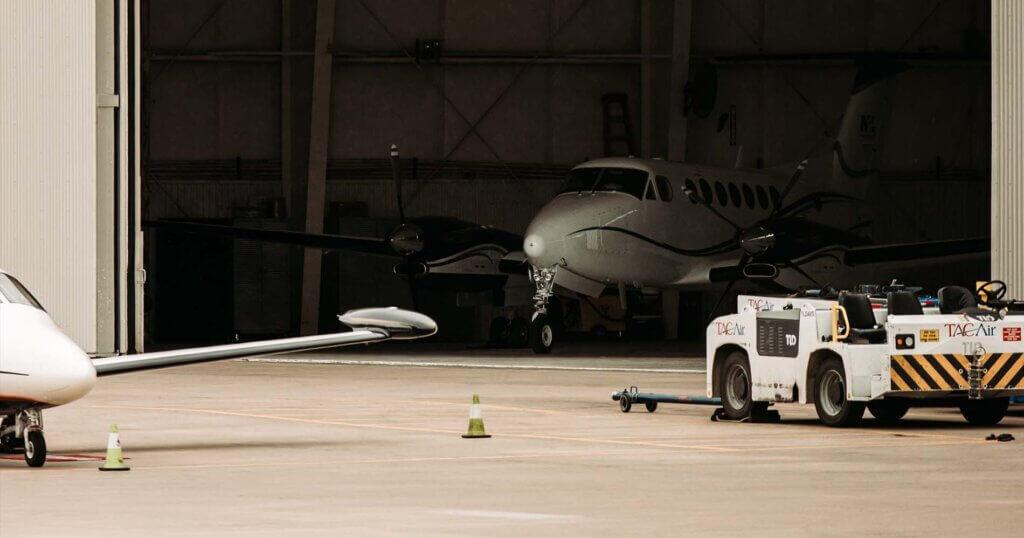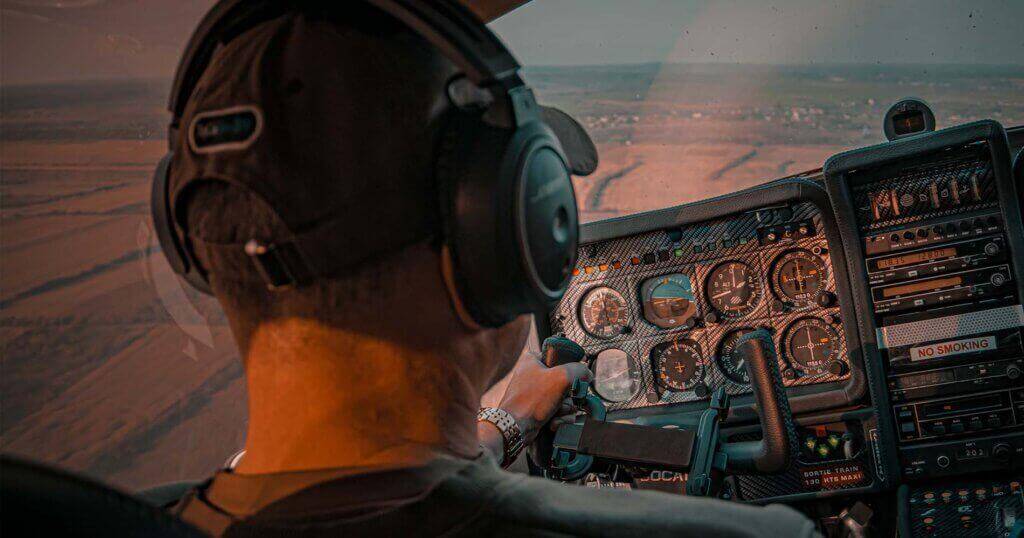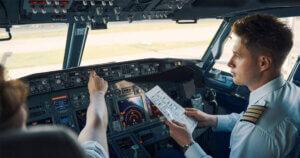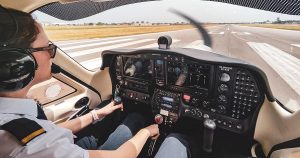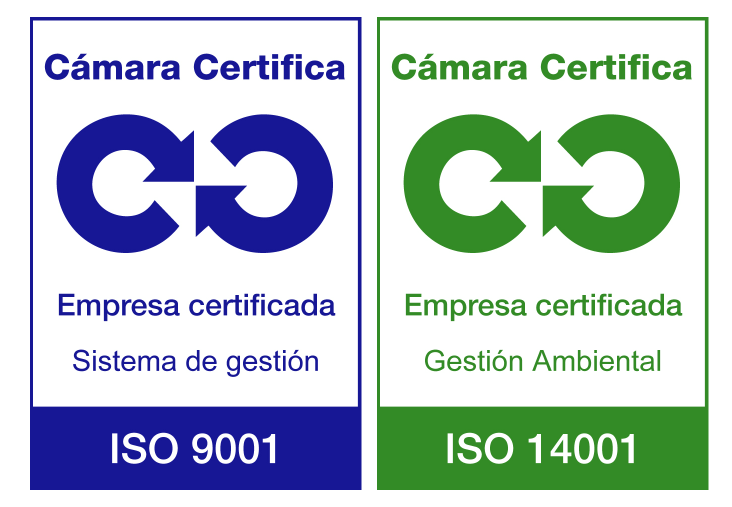The correct name for this career in Commercial Aviation and Air Operations Pilot is University Degree in Commercial Aviation and Air Operations Pilot. With a four years duration, the syllabus is distributed in ECTS credits by subject type up to a total of 240, at the rate of 60 credits per year. During this time, in addition to theoretical training with core subjects, compulsory and elective, among which mathematics, physics and aeronautical knowledge (radio navigation, principles of flight, meteorology, general knowledge of the aircraft, etc.) will be studied, practical training, both in real flights and in simulator, will be carried out to finish with an end-of-degree project, as in any other university degree. The pilot license obtained at the end is that of Airline Transport Pilot or ATPL.
This option, being somewhat longer, is a good alternative for those students who, in addition to dreaming of flying, are fond of business or teaching as it offers additional professional opportunities that go from teaching in the specific field of pilots training, to aircraft maintenance technicians training or, even, access to the public administration (controllers, airport manager, etc.), up to management in Air Operations departments of airlines and aviation companies without having to take an Air Operations course, since these subjects are dealt with in the third and fourth year.
